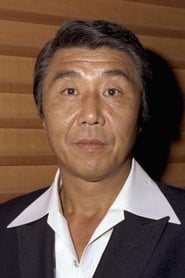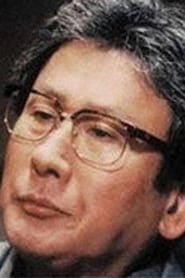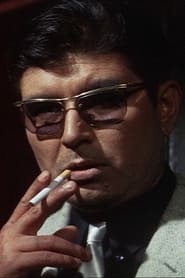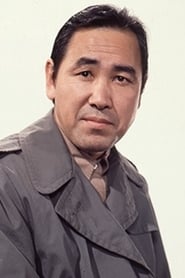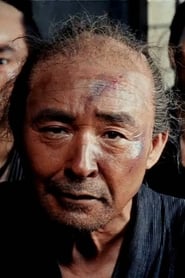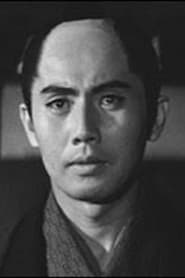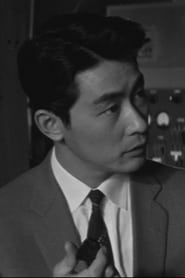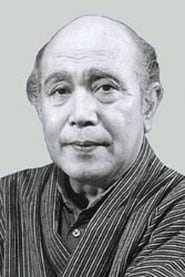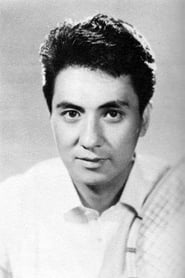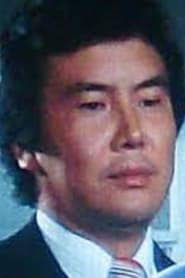The best Saburo Date’s crime movies
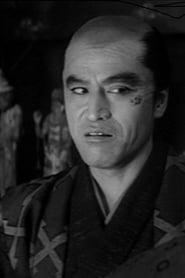
If you love cinema, you will share this ranking of the best Saburo Date’s movies, although you may have ordered them differently. In any case, we hope you love it and with a little luck discovering a movie that you still don’t know about Saburo Date.
Female Prisoner 701: Scorpion
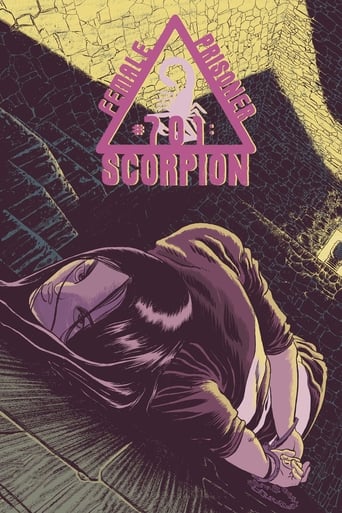
7.2/10
After being cruelly set up by a crooked detective named Sugimi (Isao Natsuyagi), whom she loved, Nami Matsushima (aka Matsu the Scorpion) (Meiko Kaji) is sentenced to do hard time in a women's prison, which is run by sadistic and horny male guards. There are 700 other prisoners, making Matsu number 701. Her crime was making a failed attempt to stab Sugimi on the steps of the Tokyo Metropolitan Police Headquarters because he used her to win favor with the Yakuza. While in prison she meets inmates like Yuki Kida (Yayoi Watanabe) who was committed for fraud and theft, Otsuka (Akemi Negishi), jailed for burglary and extortion, and Katagiri (Rie Yokoyama) who has been impounded for arson and illegally disposing of a body.
The Bullet Train
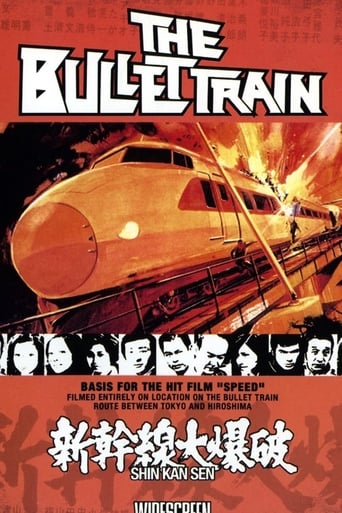
6.8/10
One of the Japanese Shinkansen “Bullet Trains” is threatened with a bomb that will explode automatically if the train slows below 80 km/h, unless a ransom is paid. Police race to find the bombers and to learn how to defuse the bomb.
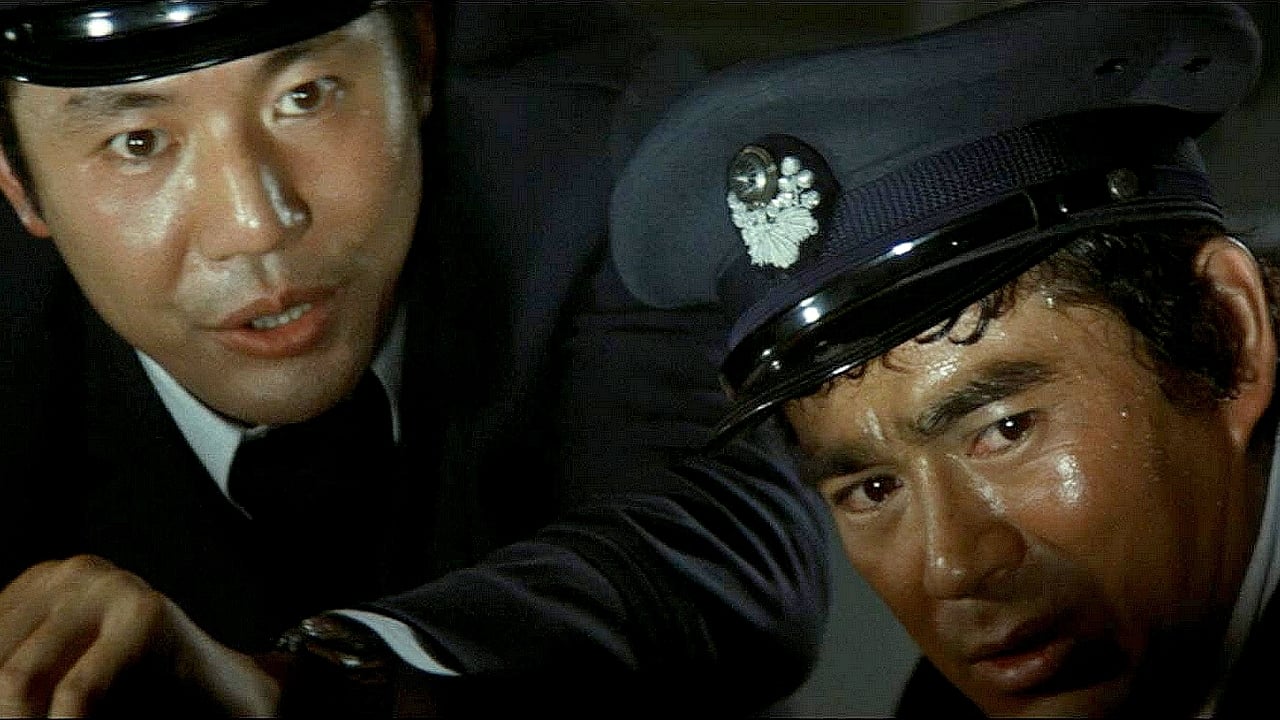
Wolf Guy
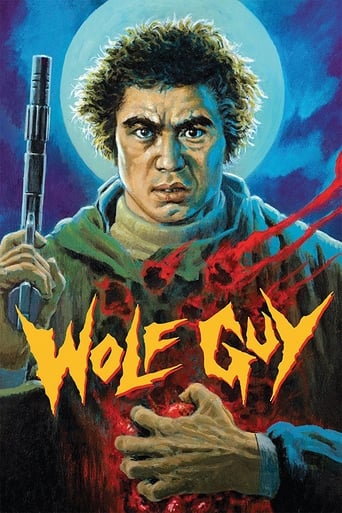
6.3/10
Akira Inugami is the only survivor of a clan of ancient werewolves who relies on his supernatural powers to solve mysterious crimes. After a series of bloody killings perpetrated by an unseen force, Inugami uncovers a conspiracy involving a murdered cabaret singer, corrupt politicians, and a plot by the J-CIA to harvest his blood in order to steal his lycanthropic powers! At the same time, Inugami also discovers the truth behind his family heritage, and that he may not be the last of his kind.
Graveyard of Honor
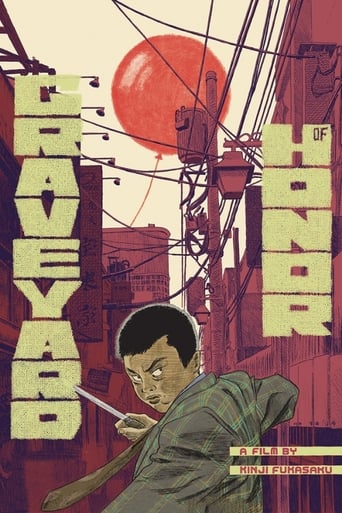
7.1/10
A look at the life of renegade yakuza, Rikio Ishikawa, particularly the years from 1946 to 1950 when his violent antics get him in trouble with his own clan, Kawada, and then with the clan of his protector, Kozaburo Imai. In these years, he can rely on Chieko, a young Tokyo courtesan who gives him shelter. He's banished to Osaka, where he picks up a drug habit. Through it all, he keeps his friends and enemies off balance with unpredictable behavior - and he seems indestructible.
A Certain Killer
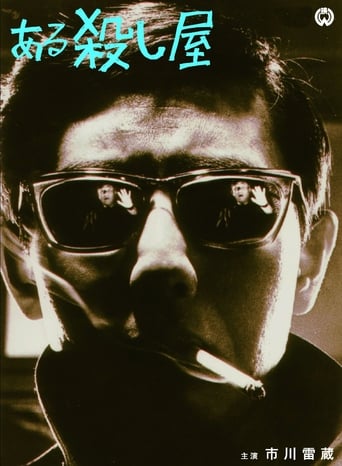
6.8/10
A former soldier, reduced to working at a restaurant post-war, becomes a contract killer for the yakuza gangs he's in contact with.
Sworn Brothers
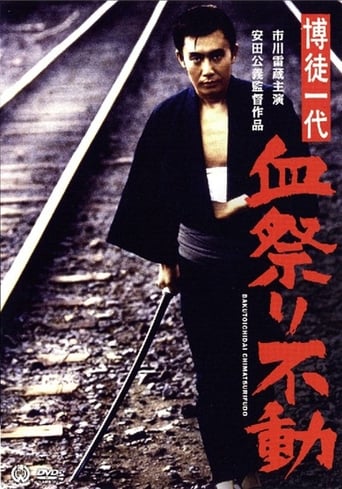
6.7/10
Ichikawa Raizo’s last film. He plays a Yakuza enforcer who kills a man on his boss's orders. He’s then sent to a provincial town to lie low, only to be caught in another war orchestrated by his original boss who has set him up.
Return of the Young Boss
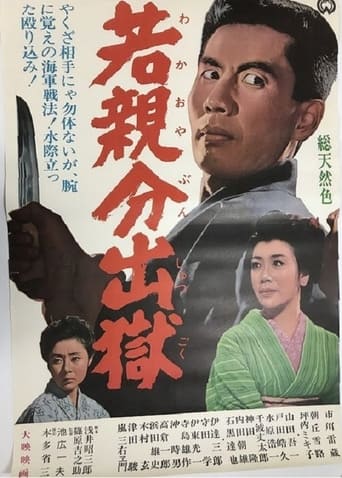
4.6/10
The further adventures of Takeshi Nanjo, the Young Boss.
Island of Horrors
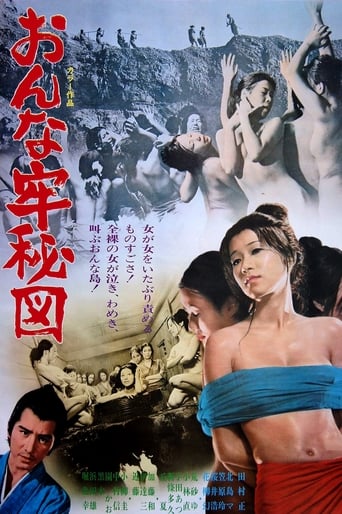
5.5/10
Two women are ferried to a small prison colony on the remote and barren prison island, where they and their fellow inmates are forced to perform perilous slave labor along the island’s treacherous cliffs, overseen by both an unforgiving sun and a crew of abusive male wardens. Meanwhile, the arrival of a newcomer among the island’s administrators, a disgraced policeman who is also the son of Nagasaki’s governor, creates dissension between the officials that, along with an untimely outbreak of bubonic plague on the island, ultimately sets the stage for a daring escape attempt on the part of the prisoners.

Gambling Code and Feuds
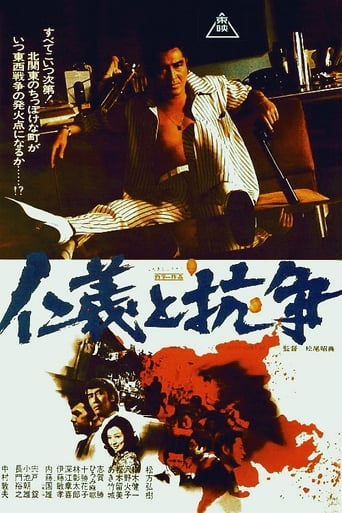
It is the first Toei yakuza film directed by Akinori Matsuo, who was active in Nikkatsu action movies. It is a local yakuza movie made following Okinawa Yakuza War (1976) and Hokuriku Proxy War (1977). The film depicts the war between a storied yakuza killer (Hiroki Matsukata) and the largest organized crime group in the Kansai region, which plans to advance into the Kanto region.
Mission: Iron Castle
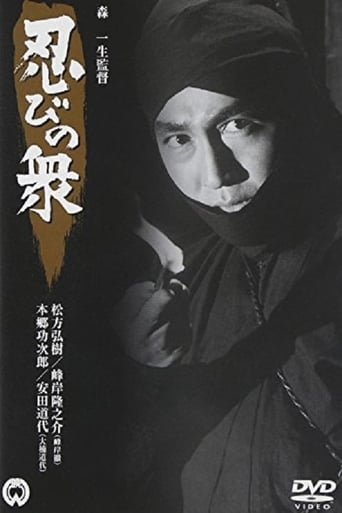
7.4/10
The Shinobi-no-Mono series was so successful that Daiei Studios dipped into the well one more time, making the best 60′s B&W ninja movie ever seen in the otherwise color-dominated year of 1970. Issei Mori directs Hiroki Matsukata as the reluctant leader of a small band of spies charged with kidnapping a noblewoman from a heavily ninja-proofed castle. The finality of the air slowly began to fill like smoke, and in all that had become dark the loyalty of the Ninja who dared to go shone like light as they entered a world shrouded in mystery. Things do not go as planned in what is possibly the darkest and most fatalistic of the already noir-ish 60′s fare. Both the decade and it’s distinctive style of shinobi cinema went out on a high note with Mission Iron Castle.
The Life of a Chivalrous Man in Suruga: Broken Swords
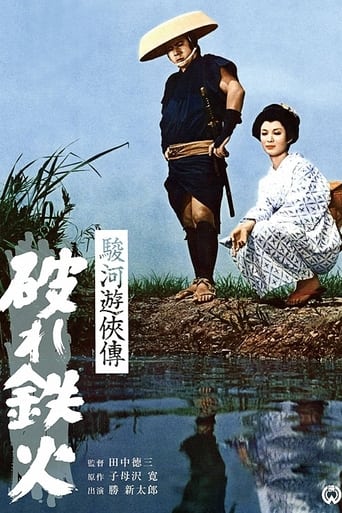
The second film in the "Suruga yukyoden" series, in which Shintaro Katsu plays Jirocho Shimizu. The film features Omasa, Komasa, Ocho, who will become Jirocho's wife, as well as other members of his future family. There is a particularly great swordfight near the end where Katsu and cronies attack the rival villainous yakuza clan to rescue their ailing, elderly boss. The action choreography, cinematography and editing of this sequence is quite brilliant, treading a difficult tightrope act between genuinely goofy antics and exhilirating, bloody violence.




